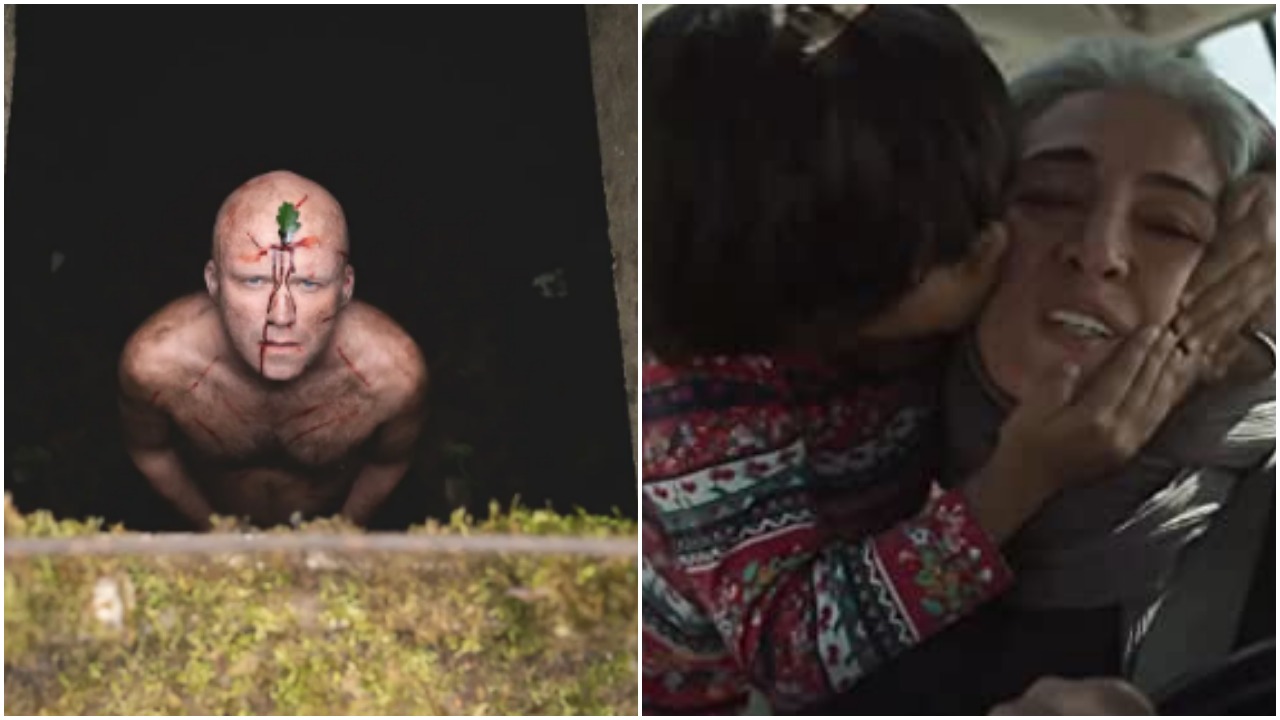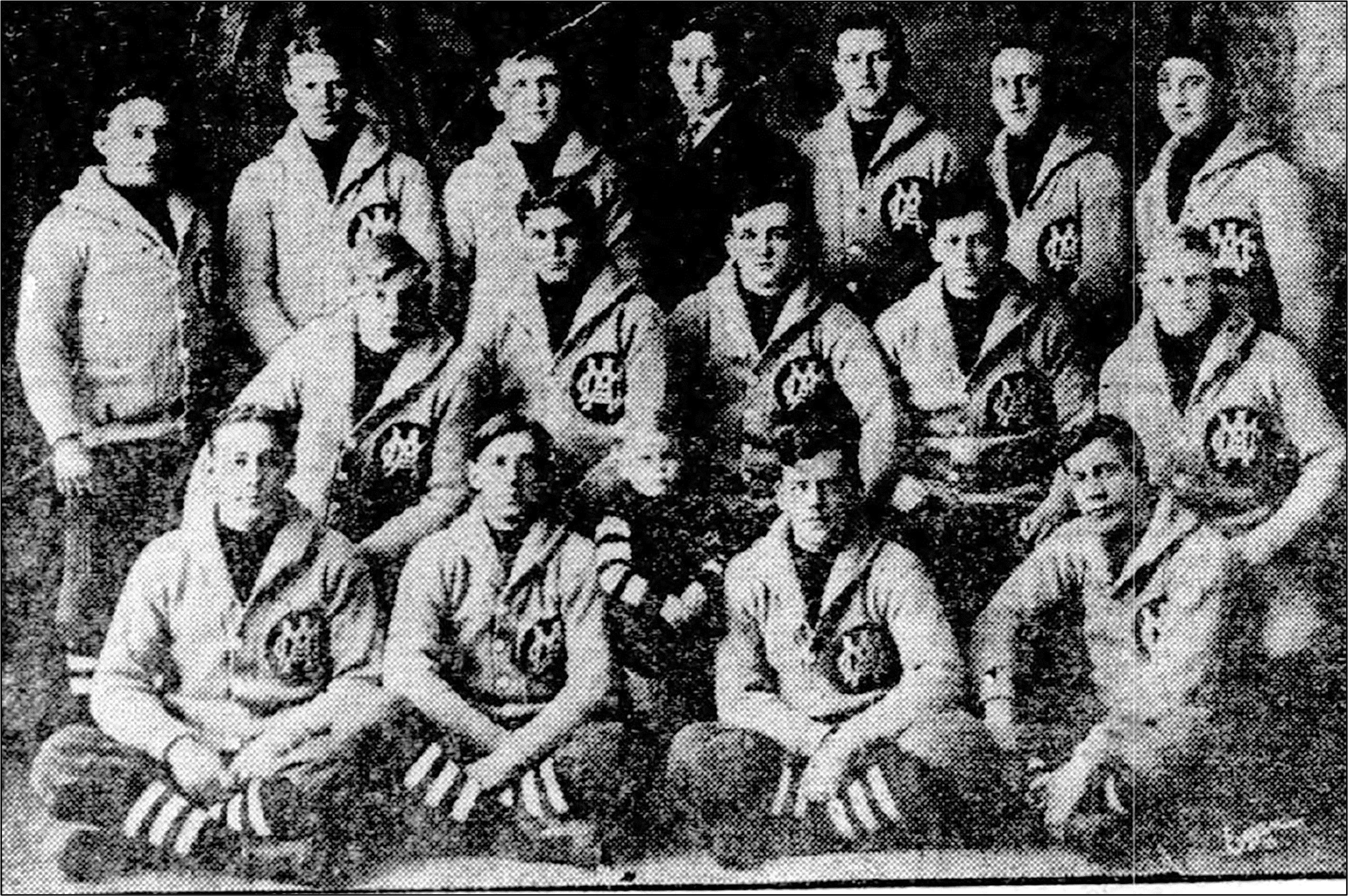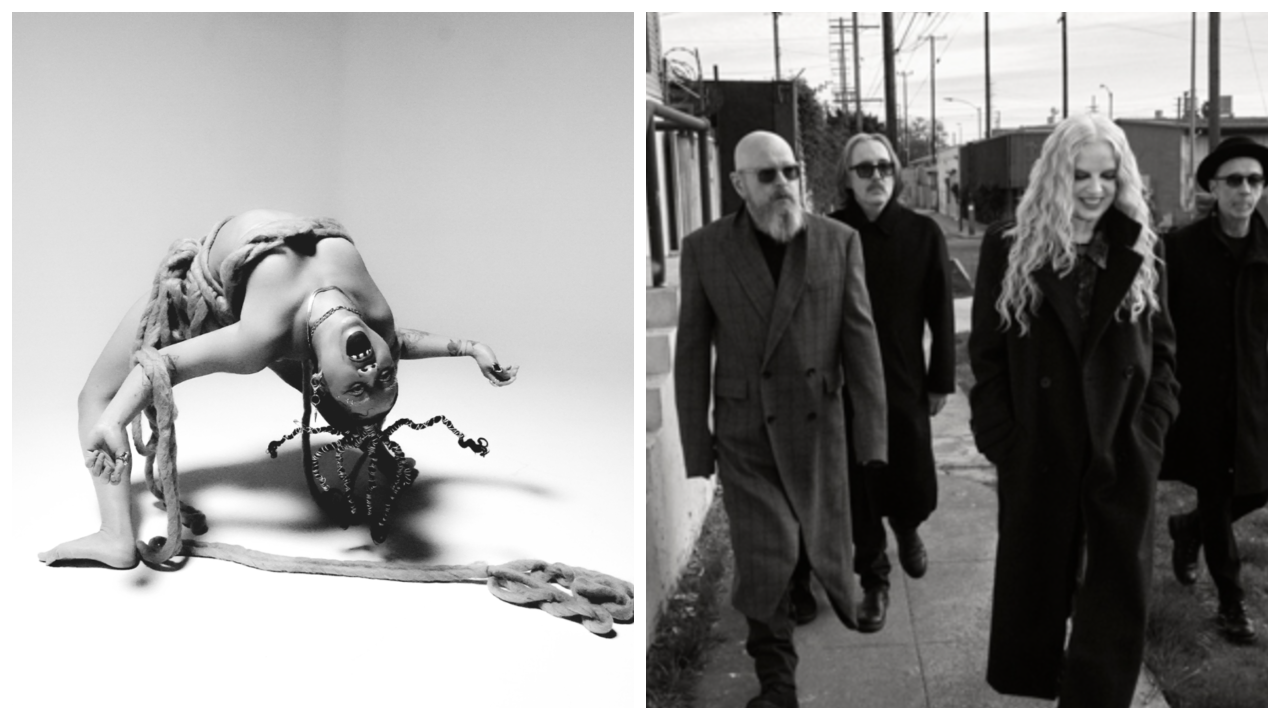Despite his smartest-guy-in-the-cineplex reputation, Alex Garland generally asks some simple questions. What if zombies were fast? (28 Days Later.) Could Frankenstein’s monster be a sexy robot? (Ex Machina.) Why wasn’t anyone in Tarkovsky’s Stalker attacked by a horrifically mutated bear? (Annihilation.) (Why are you booing me? I'm right.) Often credited with “subverting” genre, Garland does something subtler: He rearranges an element or two from a familiar narrative so the original rules don’t make sense, then sees how everything plays out.
Garland’s latest, Men, asks murkier questions than its predecessors. But it also leaves speculative sci-fi behind to highlight his sharpest instincts, which are as a horror director. The jump scare, the gross out that grows even grosser the further out it goes, the dread so pervasive we’re not even sure what we’re afraid might happen—these are the mechanics that allow his conceptual patina to glint. Garland’s anti-Halloween, Men is a slasher movie that puts the knife in the final girl’s hand, and the monster here has the same Achilles heel as Jay-Z: It just can’t get enough looooooove.
Jessie Buckley is Harper, who arrives, alone, at a British cottage so idyllic that we know foul deeds will be soon afoot. She’s recuperating from a horrid sight: her husband (Paapa Essiedu) plunging from the balcony of the flat above theirs to his death, likely committing suicide as he’d threatened to if she left him. The owner, Geoffrey, a country squire who’s all NHS teeth and bumptious chivalry, is the sort of chap who insists on lugging her bags upstairs then groaning about their weight. When they meet he chides Harper for eating an apple off the tree in the front yard—in jest, but not without symbolic purpose, as we shall soon (maybe too clearly) see. He’s played by the first of many Rory Kinnears that Harper will meet in a movie where men are all the same. Literally.
Geoffrey ditched, Harper explores the surrounding woods, where an oversaturated, Oz-like green clashes with fields of brightly colored flowers. Cinematographer Rob Hardy renders this paradise even more otherworldly than he did the rainbow extraterrestrial “Shimmer” of Annihilation. After a rain storm, she reaches a massive tunnel, an expansive yet claustrophobic setting, where she composes a choral piece with her own echoes. The scene is Garland at his paradoxical best, rendering his most peaceful moments the most ominous, and vice versa.
Slowly, more Kinnears invade Harper’s solitude. A silent naked man. A bratty kid hiding behind a plastic mask of a blonde girl. A dirty vicar. Their behavior blurs the line between irritating and threatening, and Harper must respond to them all. If Kinnear has the chewier roles here, Buckley, working with some sketchy characterization, grounds Men; her face has a gift for betraying her thoughts regardless of what she’s saying, and the faintest traces of smile lines that parenthesize her mouth fade and deepen with a silent eloquence.
Speaking of eloquence, I have no idea what set off Men’s sharpest critic—the guy who brandished two middle fingers at the screen on his way out of AMC Southdale the Monday night I saw—though I respect his passion. Some of the initial response to Men, though, has been of the #notall variety, with miffed males taking its title not just literally but personally, and ... well, whatever, sorry boys, now is especially not the time. Criticisms that the film’s ideas lack depth, while more acute, seem the result of misplaced expectations to me. Garland’s films are less “thought-provoking” than intellectually titillating—his flirtation with heady ideas no more turns Men into a coherent statement on gender than a topless scene turns a slasher flick into porn.
Some of Men clicks too simply; some bits feel less ambiguous than fuzzy. Garland’s imagery can seem overly familiar: a maggoty deer representing (maybe even, yuck, “symbolizing”) rot, Harper screaming while submerged in a tub. But it’s always vivid, and often playful, and the movie's gore is relentlessly purposeful: A very terrible thing that happens slowly to a hand dares you not to squirm. Anyway, some might say that part of the fun of horror movies is the director's space to twiddle around stylistically and risk pretension because they’re freed of naturalistic restraints. (It’s me, I’m “some.”)
When Men’s thematic preoccupations clicked, when I felt, oh I see this is where it’s going, I felt that tingle of satisfaction that was enough for me. Without giving too much away, the gist is something like: One source of the power that men hold is their ability (and their need) to make women feel guilty for denying them what they want, and the climax offers a gruesome image of how that power self-perpetuates. If horror doesn’t just give life to our fears but sublimates our guilt, Men accomplishes is to expand that vocabulary, and expunges it.
Like the male ego itself, Men is a fragile thing. Talk about it too much, think about it too closely, and it wafts away like the dandelion fuzz through which Harper e’er so poetically watches her husband’s suicide or thuds to the ground like, well, her husband. In the moment, though, it’s tense and gripping and horrifying and exciting. We all accept that once you turn on the lights, horror movies get a little less scary; I can accept that this one gets a little less insightful then too.
Hit the Road ingratiates itself immediately but lets you in on its secrets slowly. A family of four is driving across rural Iran for an unstated reason, though hints emerge around the edges of their conversations. For all the easy jokes that pass between these people, there’s an air of apprehension. The father (Hassan Madjooni) has his leg in a cast. A sick dog languishes in the back seat. When the mother (Pantea Panahiha) confiscates a hidden cellphone from her adorable six-year-old son (Rayan Sarlak), his infraction seems something more serious than just using up his screen time. The driver, their adult son (Amin Simiar), is taciturn. Whatever is going to happen, it appears, will happen to him.
We never learn anyone’s name, because in some ways they could be any family, anywhere. They’re credited as “Father,” “Mother,” like in the script of an absurdist theater piece. Even the dialogue occasionally suggests a Sam Beckett take on a family sitcom: “Where are we?” the mom asks; “We’re dead,” the little boy responds with innocently playful morbidity.
But the effect that director Panah Panahi achieves in his fantastic debut is nothing like alienation. He’s the son of censored Iranian cinema great Jafar Panahi, who’s a little more than halfway through an official 20-year government ban imposed on his filmmaking. (Somehow, he continues to occasionally release movies; if there’s one thing Iranian film has taught us—and that 21st century Americans would do well to learn—it’s that when an authoritarian state enforces its rules irregularly, the uncertainty it raises in people's minds may be an even more effective means of control than an exercise of blunt power.)
The younger Panahi also worked with the more austere late Iranian master Abbas Kiarostami, and much of Hit the Road fits square in the Iranian cinema tradition. That's including the vehicular setting—both Kiarostami and the elder Panahi set films in taxis, using the limitations of space to shape their films. He’s his father’s son, sharing a love for his fellow Iranians' tetchy sociability, a conviviality that arises from petty disagreements and shared grievances. At one point the family passes a bike race, and offers an injured cyclist a ride and some snacks; they eventually tire of him when he insists too vehemently on the merits of Lance Armstrong.
Panahi also shares his dad’s knack for working with child actors, though Panah P. lets his moppet discovery show off a little more. Sarlak is so charismatic he occasionally threatens to overwhelm the movie. But his dominating charm (and precocious comic timing) serve an important dramatic purpose, preventing the adults trapped with him from addressing the issues that preoccupy them. And his antics leaven the sadness at the film’s core, while they also deepen the loss.
The landscape the family passes through, from stony canyons to lush mountainous terrain, is framed with doting awe by cinematographer Amin Jafari. In contrast to the confines of the car, the countryside is big, and every shot emphasizes that—bigger than this one family, but also bigger than any legal or illegal forces wielding power over it. The scale of Panahi's ambitions is no smaller: One harrowing scene later in the film, filmed entirely in a long shot, dares you not to be impressed. With Hit the Road, Panahi stakes his claim as the latest great humanist to join his country’s tradition. Iran, please just let him do his thing.
Men is playing in area theaters. Hit the Road is playing at The Main.






